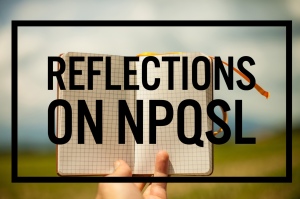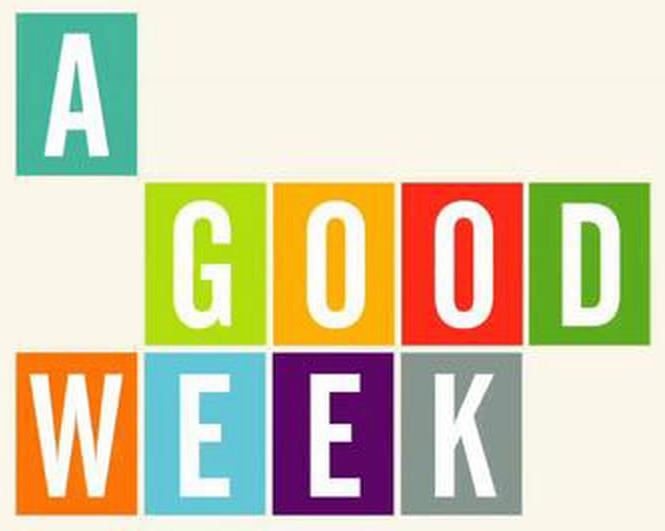
This time last week, I was getting myself ready for my first “proper” day as Deputy Head. I’ve worked in my school since 2000, when I started as an NQT. In 2009, I took some time out to have my first child, and again in 2013, but since then, I realised that I was ready to move into Leadership. I had been looking around for a vacancy, but just couldn’t find the school to move to. I was over the moon when the opportunity to become Acting Deputy Head in my own school: new opportunities and responsibilities but without having to find my feet and carve a niche in the school. However, staying in my school is not without its own difficulties. These are the lessons I have learned in just one week:
Coming out of the classroom is strange
I’m still teaching 2 days a week, but this means that I’m no longer the main class teacher. Taking a back seat, not having PPA with the team and letting go of the planning and day to day running of the year group takes a real effort. I’m a natural control freak and letting go of the reins is hard!
There’s a lot of walking involved
Just getting part way down the to do list involves talking to lots of different people in various parts of the school. It’s not a massive school, but my step count must have been huge on Friday. Stupidly, I wore some glamorous heels as I wasn’t in the classroom. The green shoes will not be making another appearance in school!
The already full email inbox suddenly becomes even fuller
Everyone copies you in on everything. Those emails that people aren’t sure who to send them to come your way. Many don’t involve any action, lots do. But they all need reading. And deleting.
You find yourself with things to do that you don’t remember saying you will do
Reading minutes of meetings is vital – my name appeared a few times against actions I don’t remember signing up to. Nevertheless, they got done!
Things can’t always be done straight away
Many of the jobs on the list involve talking to others (hence the aching feet), but of course, most of the time, they are teaching. I’m not going to be someone who wanders in to ask random questions during lessons, but it is infuriating when you reach a point where you can’t get on with anything. I guess that’s a perfect time for a walkabout.
Being visible takes some getting used to
I desperately want to be a visible part of the Key Stage – I want to know what is going on in the classrooms, to see the children’s work and for them to come to me to show me things they are proud of (I have a stash of special personalised smelly stickers waiting!). I want to wander round the playground and chat to children and know the names of those I don’t teach. But wandering into classrooms is hard – being on the receiving end, I know I have wondered whether I was being checked up on or if it was just a friendly visit. I don’t want anyone to feel that way – I want them to know that the random visits are friendly.
There is a fine line…
…between being visible and “swanning around”. I know that staff in my school appreciate a visible presence, but I would hate to think that anyone thought I was strutting around the school because of my new role. I suppose this is the time when a clean break would have been easier – I would be there as Deputy Head and nothing else. However, I know the kind of leader I want to be: hands on, involved and accessible, and so it will take time to become this.
I think I’m going to like it
One week in, early days, but so far, life is good.

 I have been meaning to write this post for a while, but it seems, for the last couple of weeks, there has always been Something Else To Do. I have a feeling that Something Else To Do is going to be a very familiar feeling in the year ahead, as I have accepted the next big challenge. I am about to join the SLT of my school as Acting Deputy Headteacher.
I have been meaning to write this post for a while, but it seems, for the last couple of weeks, there has always been Something Else To Do. I have a feeling that Something Else To Do is going to be a very familiar feeling in the year ahead, as I have accepted the next big challenge. I am about to join the SLT of my school as Acting Deputy Headteacher.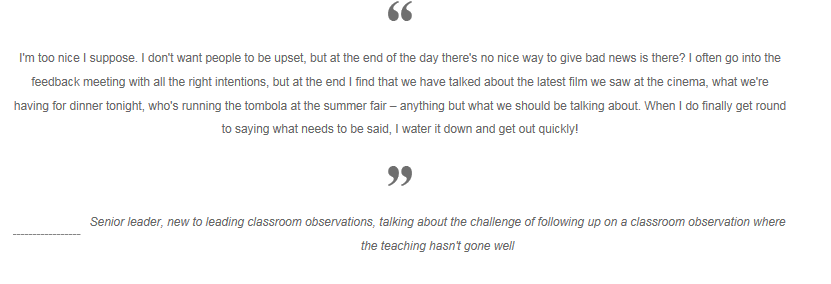
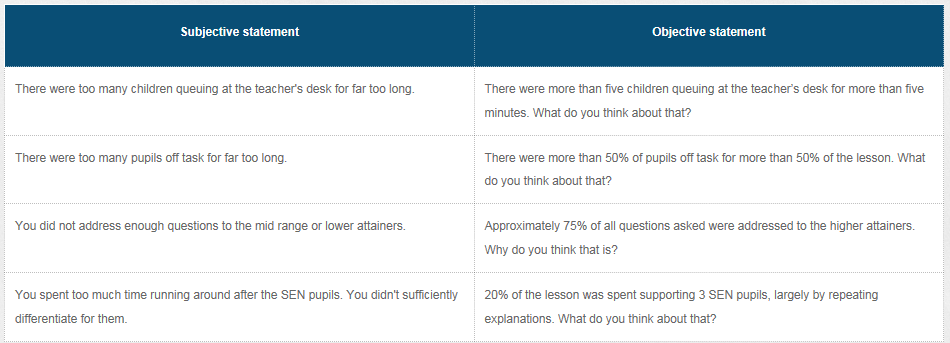 Probably, for most reading this, this image is completely obvious. But it wasn’t to me – no-one ever teaches you how to observe or how to feed back findings. My next observations will be different, and hopefully more productive.
Probably, for most reading this, this image is completely obvious. But it wasn’t to me – no-one ever teaches you how to observe or how to feed back findings. My next observations will be different, and hopefully more productive.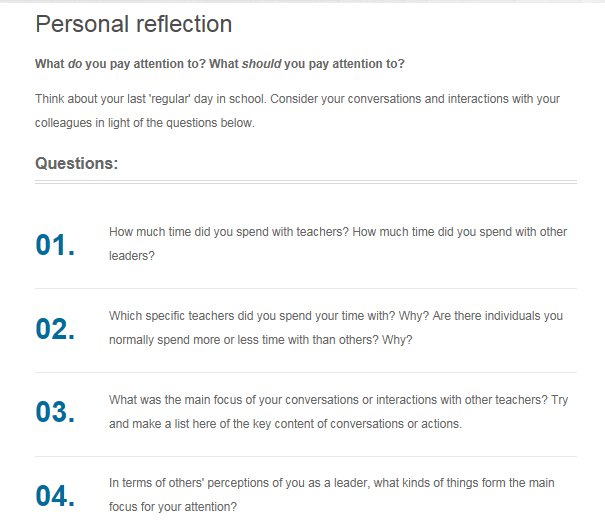

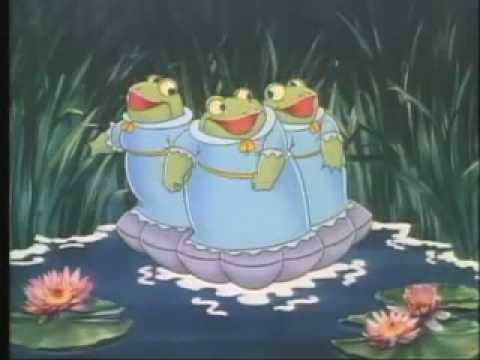
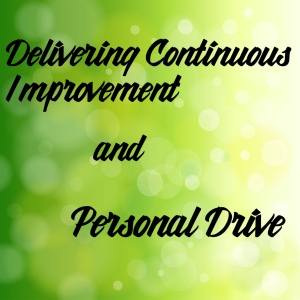 So, at the end of my first module, what have I learned? A lot about myself, actually. My blogs often reflect upon events in my classroom or in the school in general, and upon how I respond to or feel about them, but rarely do I have the opportunity to consider my strengths and weaknesses.
So, at the end of my first module, what have I learned? A lot about myself, actually. My blogs often reflect upon events in my classroom or in the school in general, and upon how I respond to or feel about them, but rarely do I have the opportunity to consider my strengths and weaknesses. As with the Information Seeking competency, Analytical Thinking was identified as a strength for me: In all 5 evaluations (including my own), I received 3s and 4s. Working through the activities this week has confirmed this for me.
As with the Information Seeking competency, Analytical Thinking was identified as a strength for me: In all 5 evaluations (including my own), I received 3s and 4s. Working through the activities this week has confirmed this for me. As part of my
As part of my 